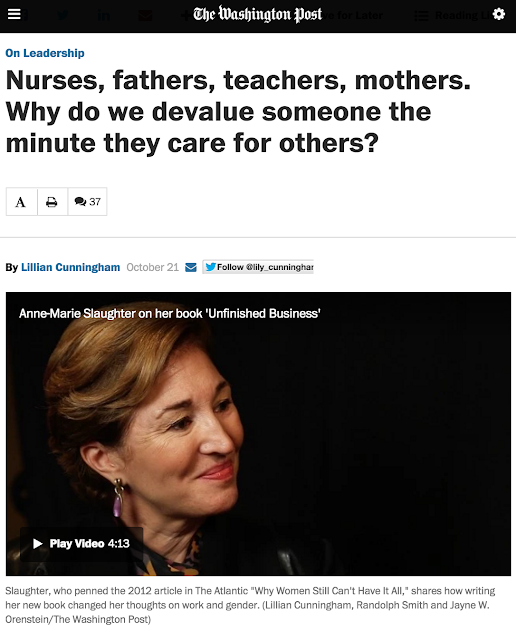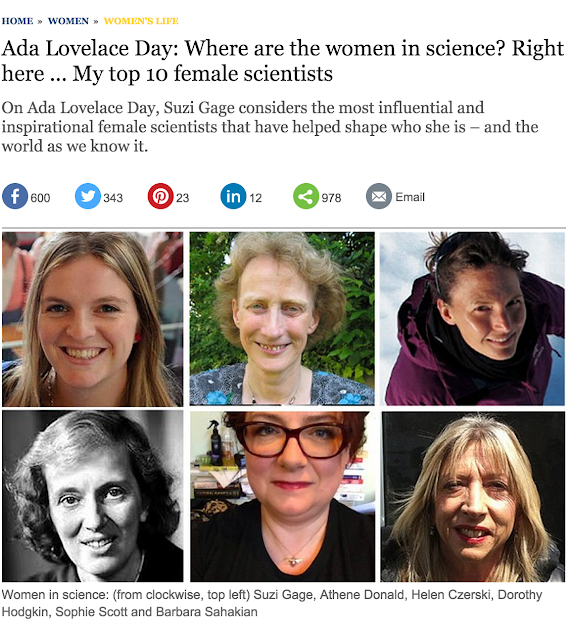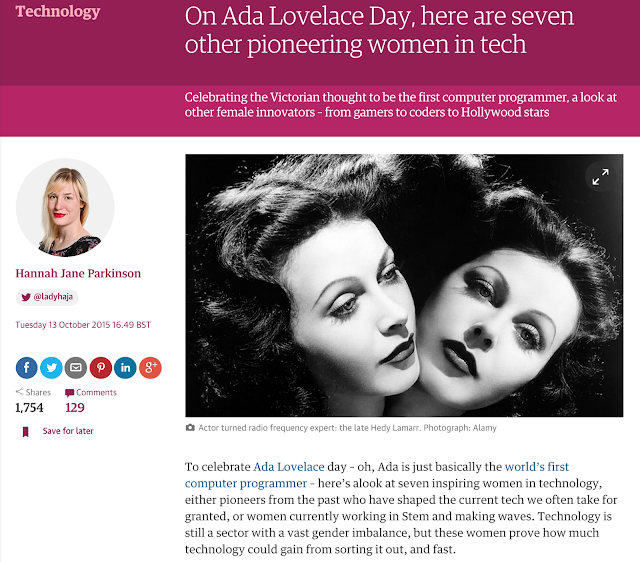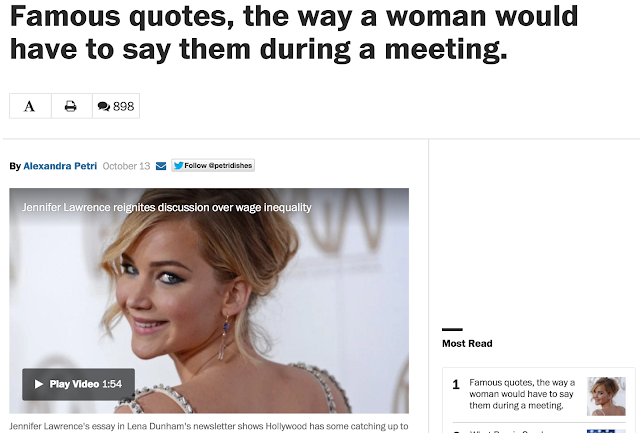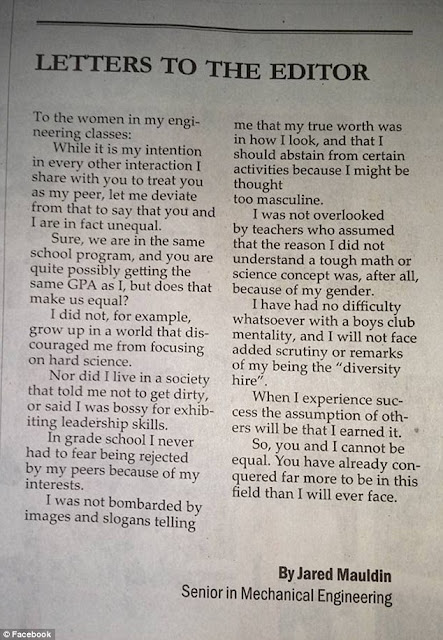Source: www.nytimes.com/2015/10/11/opinion/sunday/what-really-keeps-women-out-of-tech.html
Quotes:
“The percentage of women studying computer science actually has fallen since the 1980s. Dr. Cheryan theorizes that this decline might be partly attributable to the rise of pop-culture portrayals of scientists …”
“… research shows that young men tend not to major in English for the same reasons women don’t pick computer science: They compare their notions of who they are to their stereotypes of English majors and decide they won’t fit in.”
“… new research demonstrates, young women today still are avoiding technical disciplines because, like me, they are afraid they won’t fit in.”
“… strategies such as creating separate introductory classes for students with no programming experience and renaming courses (“Introduction to programming in Java” became “Creative approaches to problem solving in science and engineering using Python”) led to an increase in the percentage of computer science majors who are female …”
“Computer scientists and engineers are going to be designing the future that everyone inhabits. We need women and minorities to enjoy an ambient sense of belonging in those professions if the future they create is going to be one in which all of us feel at home.”
 BBC starts its 2015 One Hundred Women season, which runs from 18 Nov through 2 Dec 2015. More at: www.bbc.com/news/world-24371433
BBC starts its 2015 One Hundred Women season, which runs from 18 Nov through 2 Dec 2015. More at: www.bbc.com/news/world-24371433 BBC starts its 2015 One Hundred Women season, which runs from 18 Nov through 2 Dec 2015. More at: www.bbc.com/news/world-24371433
BBC starts its 2015 One Hundred Women season, which runs from 18 Nov through 2 Dec 2015. More at: www.bbc.com/news/world-24371433

